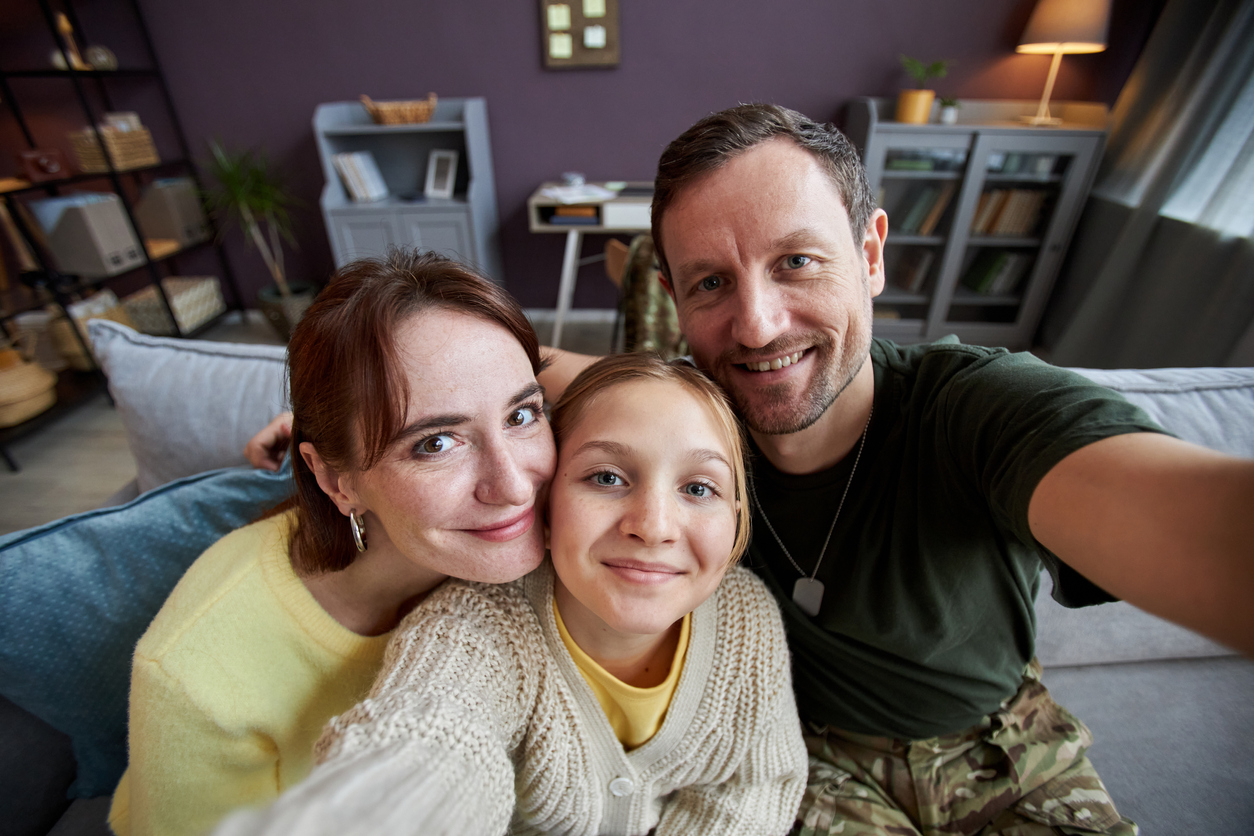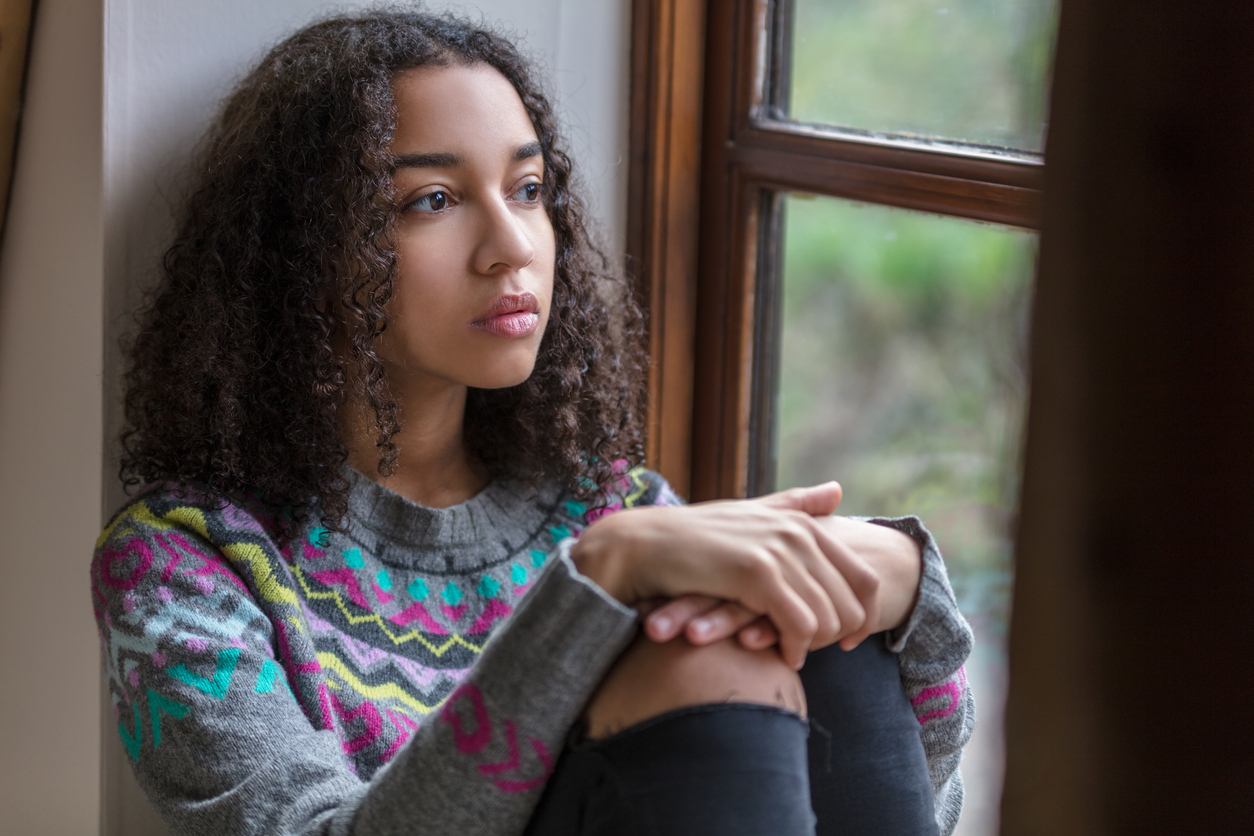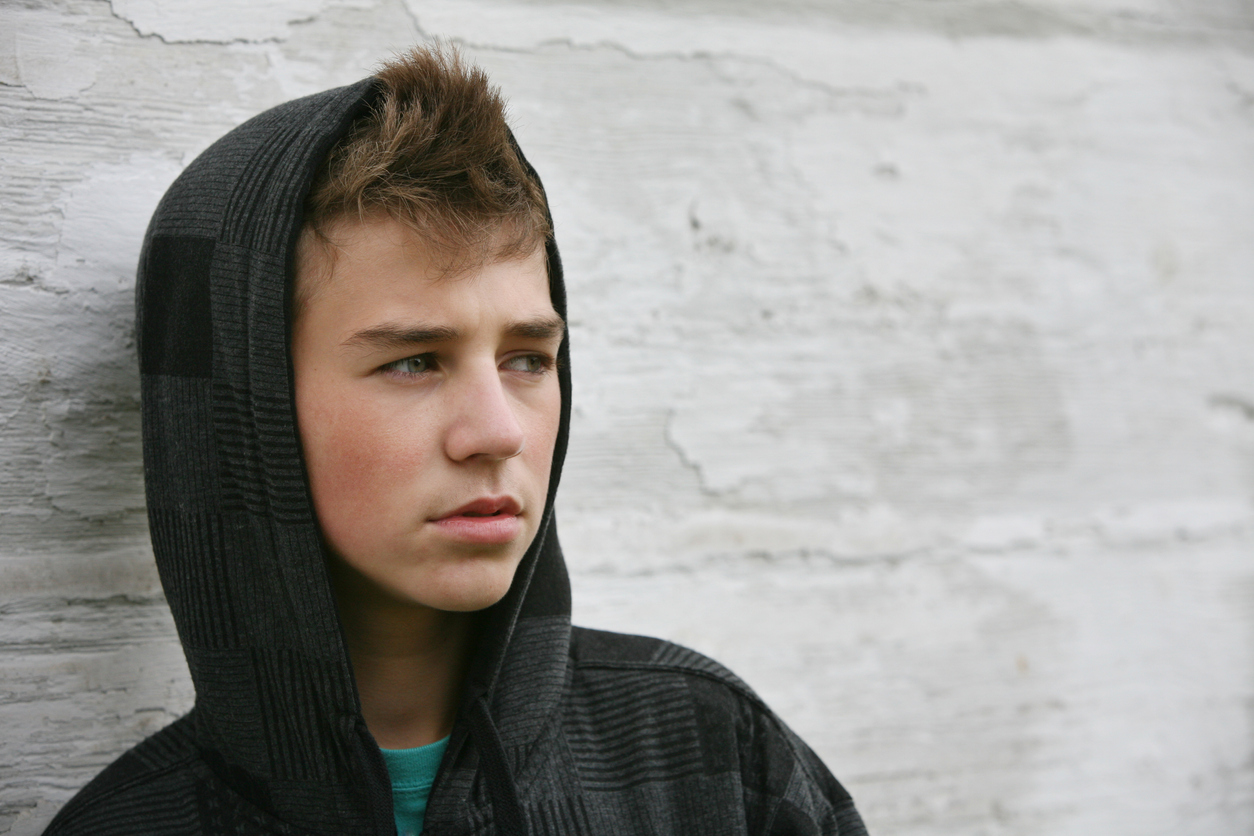Teen Anxiety FAQs
What are the common signs of anxiety in teenagers?
Common signs of anxiety in teens and young people include persistent worry, nervousness, rapid heartbeat, sweating, and irritability. It may also affect academic performance and lead to social withdrawal.
Is teenage anxiety different from adult anxiety?
Teen anxiety disorders are similar to adult anxiety disorders but occur in the context of teen-specific challenges like puberty and peer pressure, making the experience unique.
How can I differentiate between normal teenage behavior and anxiety?
Normal teen stress becomes concerning when it persists and disrupts daily life, social interaction, and academics. This could indicate an anxiety disorder requiring professional help.
What types of treatment are available for teenage anxiety?
Treatments range from outpatient therapies like CBT to residential programs. Medication may be prescribed depending on symptom severity. Consult a healthcare provider for tailored treatment.
Will my teenager grow out of their anxiety?
Some teens may outgrow anxiety, but many continue experiencing symptoms into adulthood. Early intervention is key for long-term management.
How can I support my teenager who is dealing with anxiety?
Support involves open communication, a stable home environment, social media and screen time limitations, and encouraging healthy coping mechanisms. Seek professional help for specialized treatment.













